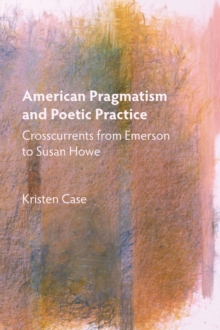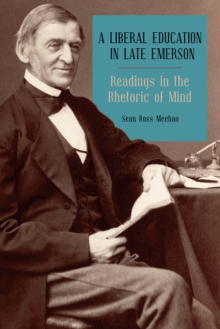
Civilizing Thoreau : Human Ecology and the Emerging Social Sciences in the Major Works PDF
by Richard J. Schneider
Part of the Mind and American Literature series
Description
Proposes an interdisciplinary solution to the "Thoreau problem" through the connection between his ecological study of nature and his intense interest in the emerging social sciences.
Recent book-length studies of Thoreau have focused either on his place in the history of the natural sciences or have applied political principles to his works. None, however, has fully addressed what ecocritic Rebecca Solnit calls "the Thoreau problem," the compartmentalizing of Thoreau's mind into either that of a hermit of nature or that of a champion of social reform. This book proposes an interdisciplinary solution to this problem through the connection between Thoreau's ecological study of nature and his intense interest in the emerging social sciences, especially the history of civilization and ethnology.
The book first establishes Thoreau's "human ecology," the relation between the natural sciences and the social sciences in his thinking, exploring how his reading in contemporary books about the history of humanity and racial science shaped his thinking and connecting these emerging anthropological texts to his late nature writings. It then discusses these connections in his major works, including Walden and his "reform papers" such as "Civil Disobedience," the travel narrative A Week on the Concord and Merrimack Rivers, The Maine Woods, and Cape Cod. The concluding chapter focuses on Thoreau's attitude toward Manifest Destiny, arguing, against conventional views, that considering both his life and his writing, especially the essay "Walking," we must conclude that he both accepted and endorsed Manifest Destiny as an inevitable result of cultural succession.
Richard J. Schneider is Professor Emeritus from Wartburg College. He has authored a monograph and many articles as well as edited three collections on Thoreau.
Information
-
Download - Immediately Available
- Format:PDF
- Pages:222 pages
- Publisher:Boydell & Brewer Ltd
- Publication Date:01/05/2016
- Category:
- ISBN:9781782047643
Information
-
Download - Immediately Available
- Format:PDF
- Pages:222 pages
- Publisher:Boydell & Brewer Ltd
- Publication Date:01/05/2016
- Category:
- ISBN:9781782047643










